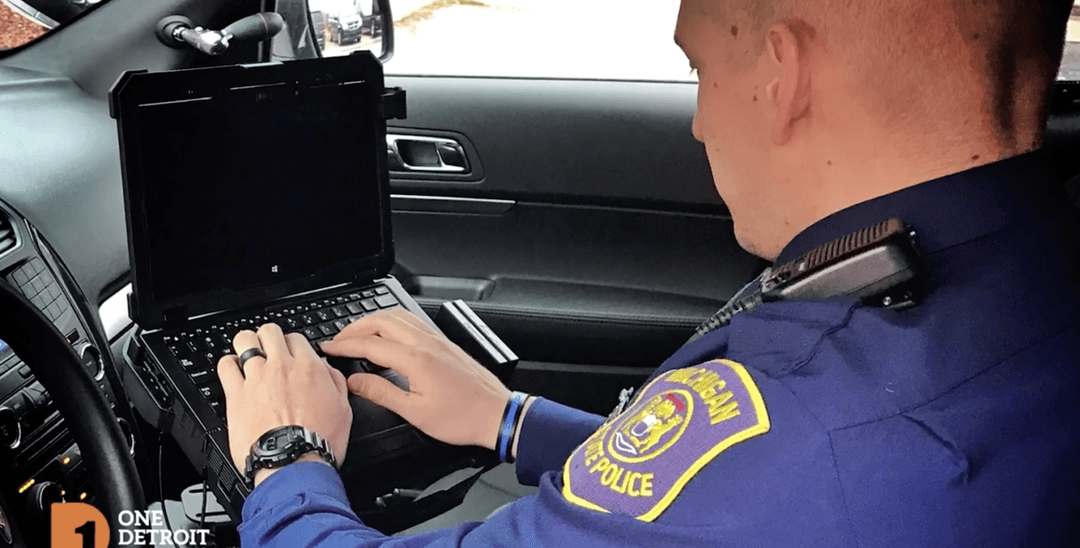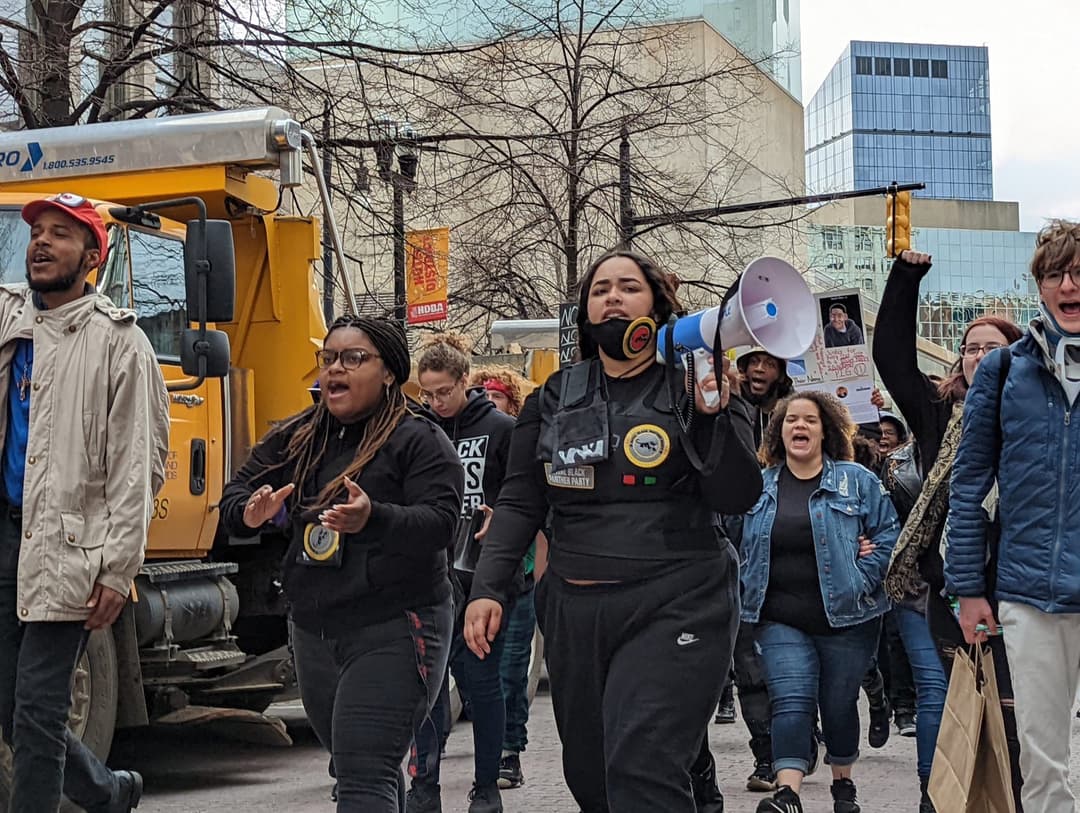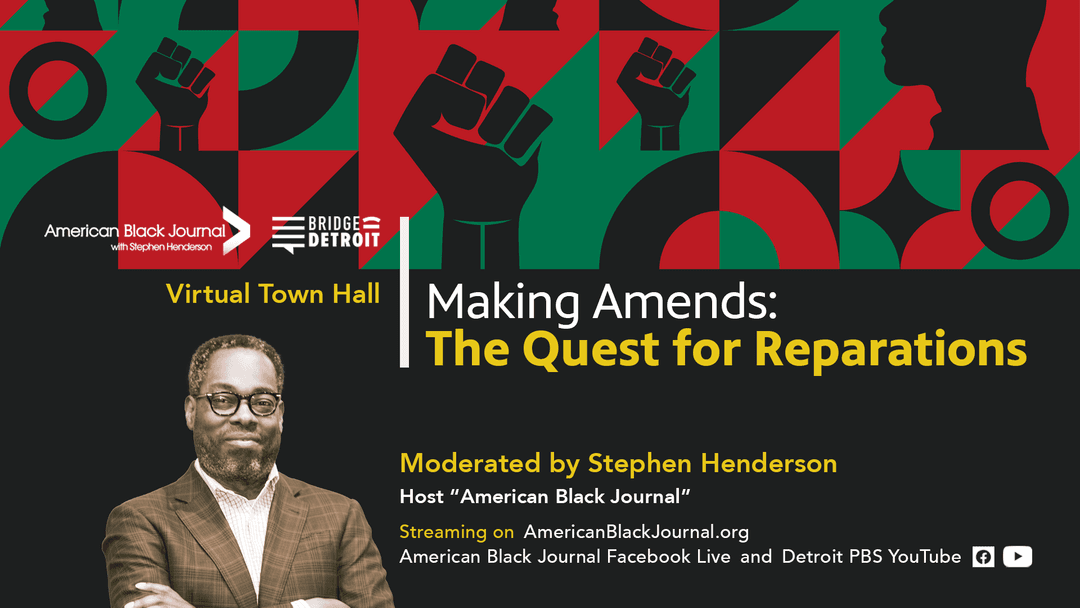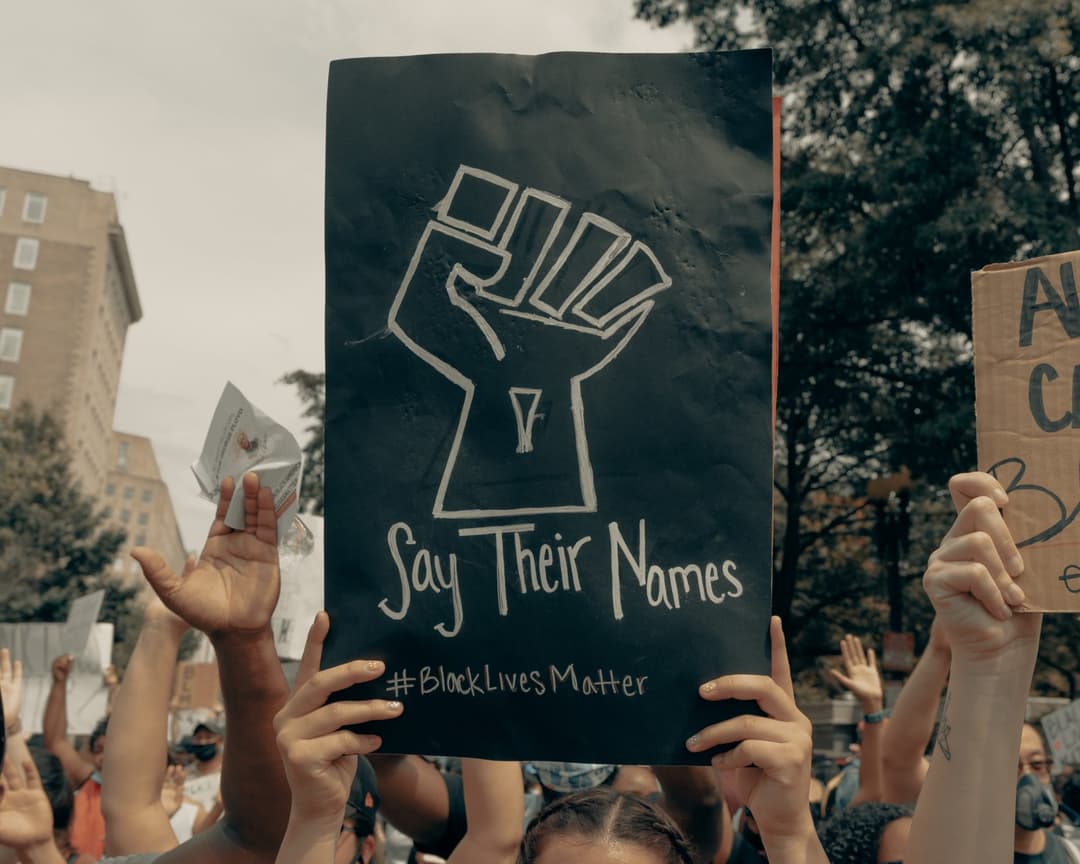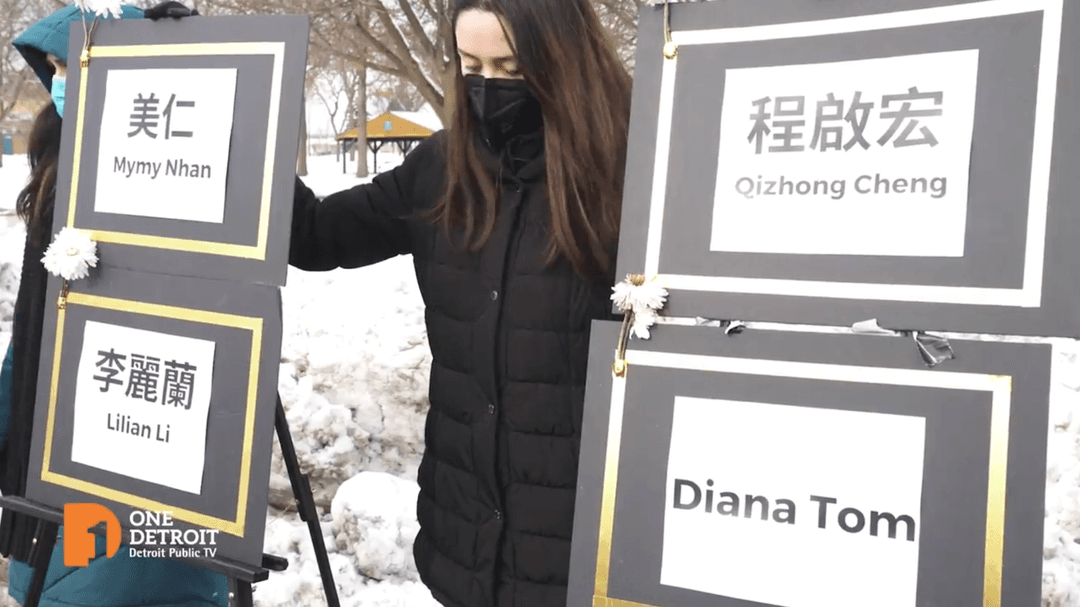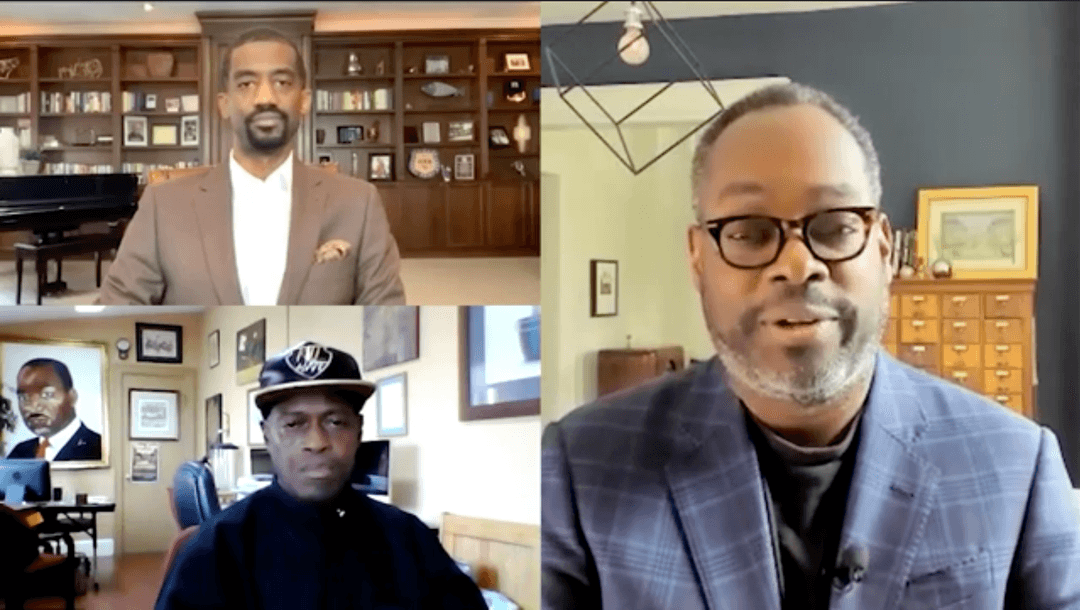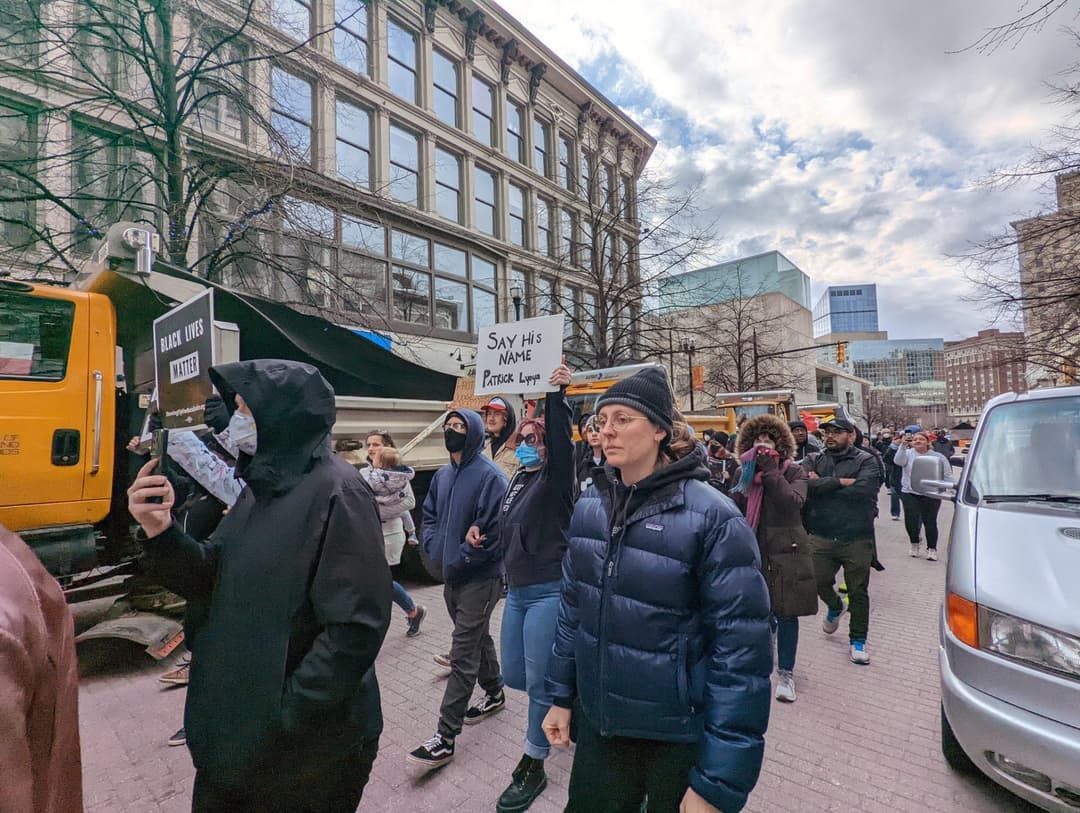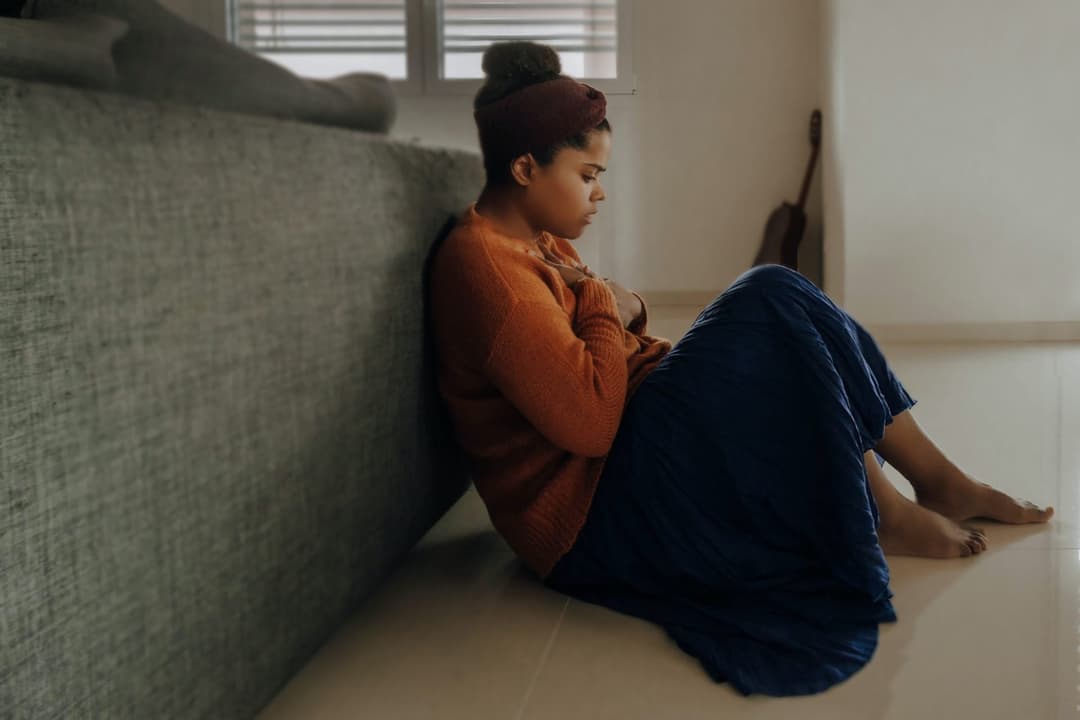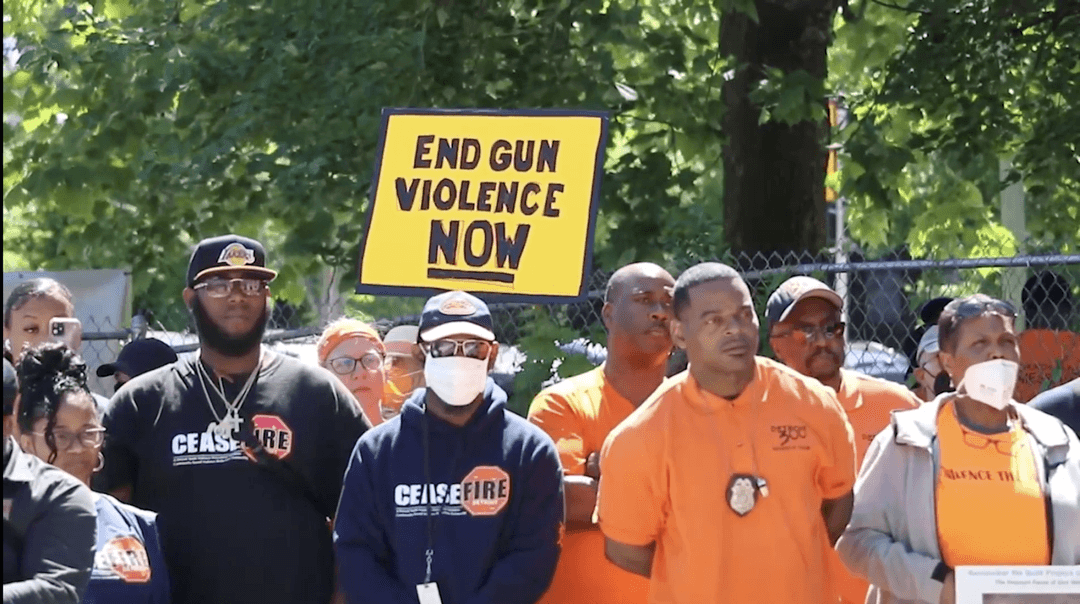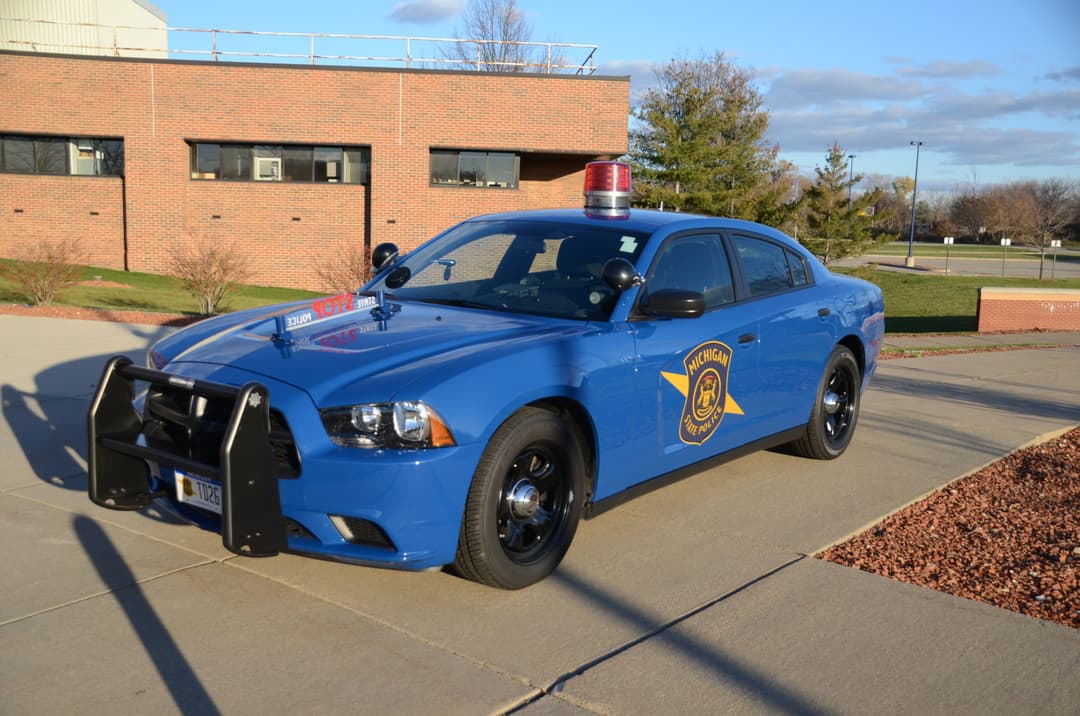Tyre Nichols’ death: A roundtable about racism, police reform and racial trauma
Feb 2, 2023
Featured Image provided by Junfu Han, Detroit Free Press
The recent death of Tyre Nichols, the 29-year-old Black man killed by five Black Memphis Police officers, has sparked another wave of nationwide protests and demonstrations against police brutality in cities across the U.S., including the majority-Black city of Detroit.
Nichols was pulled over by Memphis Police officers Jan. 7 for reckless driving, the police released in a statement. During two confrontations between Nichols and the five officers involved, Nichols was brutally beaten, tased and pepper sprayed by the officers for three minutes. On Jan. 10, Nichols was pronounced dead from his injuries.
RELATED:
- Patrick Lyoya and police reform: A roundtable with the NAACP and Black Lives Matter Detroit
- A roundtable on the George Floyd protests, police brutality and systemic racism
- Family, community call for action in Patrick Lyoya case as Michigan State Police investigation continues
In the weeks since his death, police have released the body camera footage from the night Nichols was pulled over, Memphis Police Chief Cerelyn Davis has fired all five officers involved, who are now facing charges of murder, aggravated assault, aggravated kidnapping, official misconduct and official oppression, and the U.S. Justice Department has opened a civil rights investigation. Two additional officers have been relieved of duty and three Memphis Fire Department personnel have been fired.
Reacting to Nichols’ tragic death, One Detroit contributor Stephen Henderson, host of “American Black Journal,” hosts a roundtable with Black Lives Matter Detroit Co-Founder John Sloan III, Detroit Police Department 2nd Deputy Chief Kyra Joy Hope and licensed clinical psychologist Isha Metzger.
They talk about the race of the police officers and how that’s factoring into the national conversation, how the Detroit Police Department is responding to questions about police reform and accountability, and about the importance of checking in on your mental health during these situations.
Full Transcript:
Stephen Henderson, contributor, One Detroit: Lots of people are saying, well, this is black police officers killing a black man. Somehow it’s different, but it fits very squarely into the narrative that you have been trying to get people to pay attention to for some time.
John Sloan III, Co-Founder, Black Lives Matter Detroit: Yeah. And not just me, but there have been activists across the country and across the world that have been saying this since long before I started having these conversations with you. The problem isn’t the prejudicial thought. Prejudice is a problem.
But it’s the way the prejudicial thought is interwoven into systems in our country, that transition prejudice into the rest of the ism that make a prejudicial thought into racism, and allow that privilege and allow that social hierarchy to be maintained, that allow power to be exerted.
And what we see in our system of policing is a very clear example of how, when you found something on the basis of bias, when you found something on the basis of the criminalization of black and brown bodies, that at a certain point there becomes– there’s an internalization of that thought of that system into individuals, regardless of their racial ethnic identity. And so, what has been really, unfortunately, very clearly displayed in this situation, is how this system of policing is deeply, utterly, completely at the root, flawed.
Stephen Henderson: I want to bring Deputy Chief Hope into the conversation. What John Sloan is saying is that there is no solve for policing as we know it and that we’ve got to do something else. You are one of the people who is in charge of the police department in the largest, the blackest large city in America, Detroit, 80% of the population is African-American. How how do you respond to this idea that the problem is policing itself? And that the things that we are doing in Detroit, inside the police department to make things better essentially don’t address the problem? What would your answer to that be?
2nd Deputy Chief Kyra Joy Hope, Detroit Police Department: So, first, I’d like to say, Stephen, the actions of these officers were just disgusting and appalling. For me, excessive force is a disregard for life and has no place in law enforcement at all. And I would have to say my thoughts are with the family and everyone impacted by Tyre Nichols’ death. I would have to say that there needs to be more accountability.
There needs to be more transparency in law enforcement. There needs to be better training and prevention programs as well as crisis intervention, mental health, co-response, the data-driven enforcement. We need to come together and we need to make sure that we’re open for listening to our community for the needs, as well as providing these services that we know are so desperately needed in our communities.
Stephen Henderson: You know, I have not been able to bring myself to watch the video of what happened to Tyre Nichols. And that’s unusual for me. You know, it’s my job as a journalist to get as much information as I can about the things that I’m presenting to the audience and talking about with the audience. And, you know, as hard as it was to watch videos in the past like this, I always did it. I can’t get there. I wonder, in your work, what you counsel or what you are counseling people who are in that position? Because I think that’s kind of pervasive right now is people don’t know what to do with this.
Dr. Isha Metzger, Licensed Clinical Psychologist: I think it’s really important to check in with yourself. Like you’re saying, if you are used to watching these videos, but you’re starting to notice the toll that it’s taking on you. Other people will say, I’m becoming desensitized and it’s not affecting me at all, so I really need to step back. So, really just doing that self-check and then determining, okay, what can I do within my position of influence or power, or my position within my community, or even in my family?
We know, a large part of the healing that’s taking place, is across news and media platforms like this. But just, you know, going home and checking in with your kids and asking them how they’re coping, and how they’re processing, and what their understanding of the justice system is, as well as their sense of safety within that system that should protect them but doesn’t look very friendly. And in the case of the media, it looks deadly in most cases. So seeking opportunities to challenge those thoughts. Seeking opportunities to unplug, disconnect, and really just tap into the love and the safety that you do have around you.
Stay Connected:
Subscribe to One Detroit’s YouTube Channel & Don’t miss One Detroit Mondays and Thursdays at 7:30 p.m. on Detroit PBS, WTVS-Channel 56.
Catch the daily conversations on our website, Facebook, Twitter @DPTVOneDetroit, and Instagram @One.Detroit
View Past Episodes >
Watch One Detroit every Monday and Thursday at 7:30 p.m. ET on Detroit Public TV on Detroit Public TV, WTVS-Channel 56.
Stay Connected
Subscribe to One Detroit’s YouTube Channel and don’t miss One Detroit on Thursdays at 7:30 p.m. and Sundays at 9 a.m. on Detroit PBS, WTVS-Channel 56.
Catch the daily conversations on our website, Facebook, Twitter @OneDetroit_PBS, and Instagram @One.Detroit
Related Posts
Leave a Reply
Your email address will not be published. Required fields are marked*

